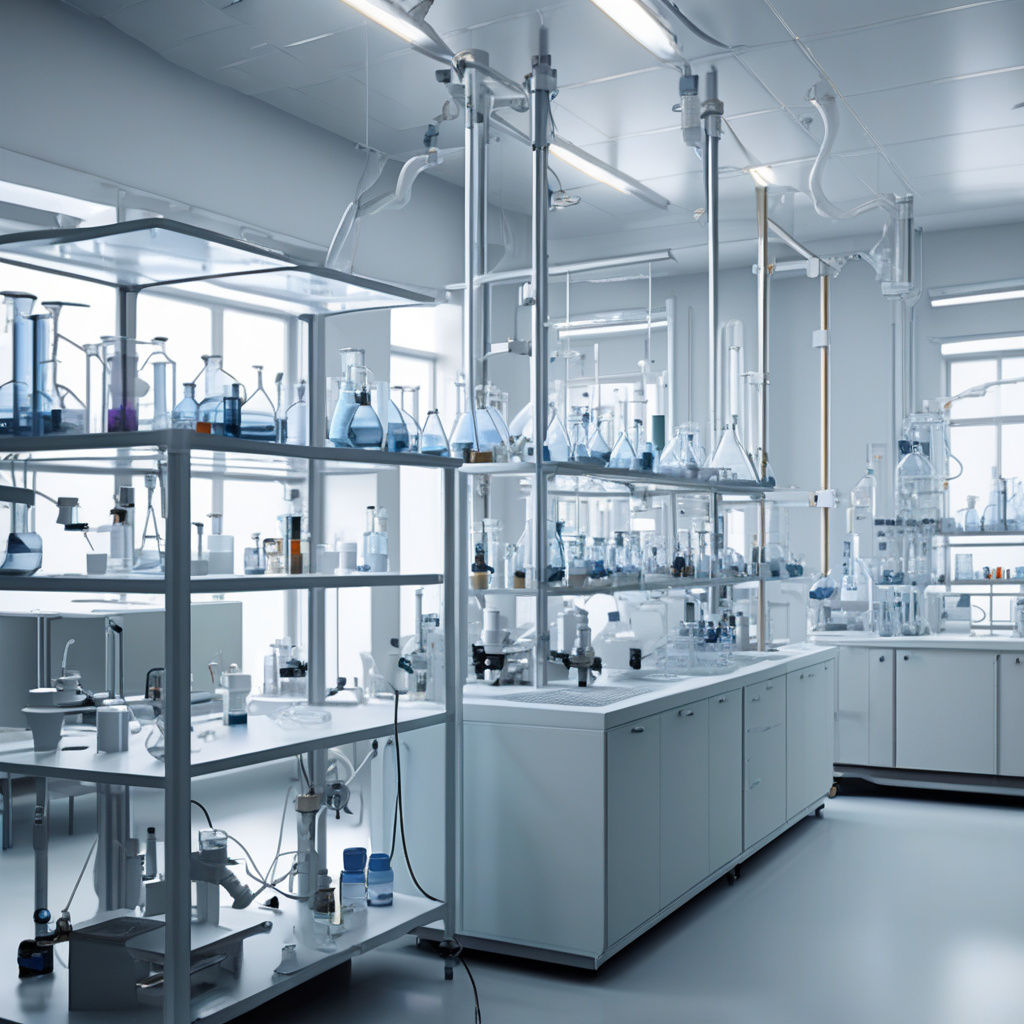Goethe University Revolutionizes PFAS Degradation with Boron-Based Catalyst
In a groundbreaking development, researchers at Goethe University have created a metal-free catalyst that promises to usher in a new era of PFAS degradation. Per- and polyfluoroalkyl substances (PFAS) have long been a major concern due to their persistence in the environment and potential health risks. The innovative catalyst offers a glimmer of hope in addressing the urgent need for effective PFAS remediation solutions.
The team at Goethe University embarked on this research endeavor with a clear goal in mind – to tackle the growing problem of PFAS contamination. Traditional methods of PFAS degradation have often fallen short in terms of efficiency and sustainability. By harnessing the power of boron-based catalysts, the researchers have unlocked a promising avenue for addressing this pressing environmental challenge.
What sets this catalyst apart is its metal-free nature, making it a more environmentally friendly option compared to conventional catalysts. The use of boron as the key component not only enhances the catalytic activity but also contributes to the overall sustainability of the process. This innovative approach underscores the university’s commitment to advancing green technologies for a cleaner, healthier planet.
The significance of this breakthrough extends beyond academic circles. With PFAS contamination posing a serious threat to water sources, ecosystems, and human health, the development of an efficient degradation method is a critical step forward. By offering a viable solution to PFAS remediation, Goethe University is at the forefront of driving positive change in the fight against environmental pollution.
The potential applications of this boron-based catalyst are far-reaching. From wastewater treatment plants to industrial sites affected by PFAS discharge, the catalyst holds promise for mitigating the impact of these persistent compounds. Its effectiveness in breaking down PFAS molecules marks a significant advancement in environmental remediation strategies.
Moreover, the research conducted at Goethe University serves as a testament to the power of interdisciplinary collaboration. By bringing together experts from chemistry, environmental science, and materials engineering, the team was able to leverage diverse perspectives and knowledge domains to achieve this remarkable feat. Such collaborative efforts are essential in tackling complex environmental challenges and driving innovation in sustainable technologies.
As news of this breakthrough spreads, the implications for the field of environmental science are profound. The development of a metal-free catalyst for PFAS degradation not only addresses an urgent environmental issue but also paves the way for future advancements in catalysis and green chemistry. By pushing the boundaries of what is possible, Goethe University is setting a high standard for research excellence and impact.
In conclusion, the pioneering work of Goethe University researchers in developing a boron-based catalyst for PFAS degradation represents a significant milestone in the quest for sustainable environmental solutions. As the world grapples with the consequences of PFAS contamination, this innovative catalyst offers a ray of hope for a cleaner, healthier future. By leading the charge in this emerging field, Goethe University is shaping the landscape of environmental remediation and inspiring others to follow suit.
#GoetheUniversity, #PFASdegradation, #BoronBasedCatalyst, #EnvironmentalRemediation, #GreenTechnologies












